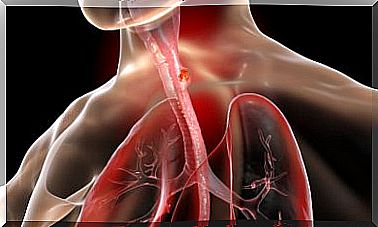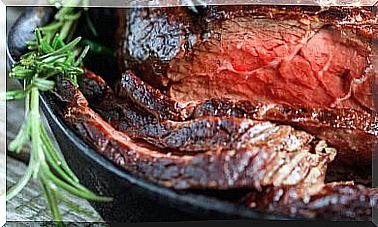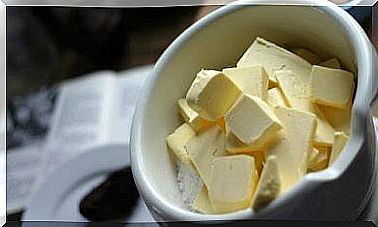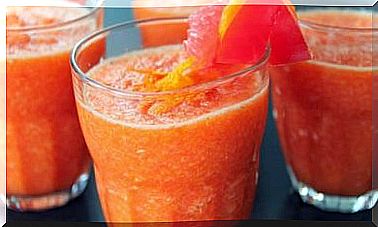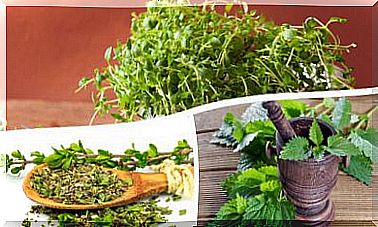Caution: You Can Be Celiac And Not Know It
If we want to verify our intolerance we can suppress the consumption of foods with gluten for a month and gradually introduce them to see how our body reacts
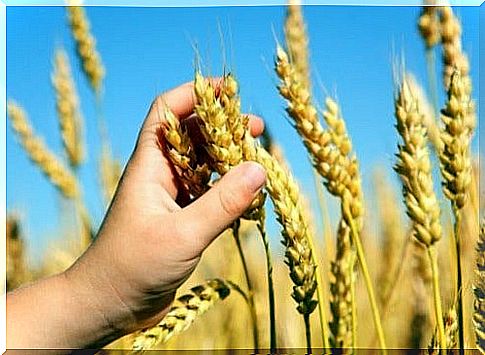
Did you know that you can be celiac without even knowing it? People who suffer from celiac disease suffer from an allergy to gluten that triggers a series of symptoms when they consume it. However, many believe that its appearance is due to other health problems that manifest themselves in a similar way.
Next, we want to review the symptoms that allow us to identify it. In addition, we will see some general aspects about gluten and its intolerance. Find out!
Symptoms to identify if you can be celiac
The best way to determine if you may have celiac disease is through a medical consultation. The health professional can not only accurately assess the symptoms, but will perform the appropriate tests. Now, if you have the suspicion, perhaps you can analyze if you have the following clinical manifestations:
- Digestive problems like constipation, gas, bloating, and diarrhea.
- Unjustified tiredness or exhaustion.
- Autoimmune diseases (arthritis, ulcerative colitis, scleroderma, psoriasis, lupus, multiple sclerosis, diabetes).
- Hormonal disorders such as polycystic ovary syndrome or infertility with no apparent cause.
- Skin problems such as psoriasis, eczema, keratosis pilaris (rough skin due to excess keratin, etc.).
- Headaches or migraines.
- Chronic fatigue and fibromyalgia.
- Irritability, anxiety, depression.
- Pain and swelling in the joints such as fingers, knees or hips.
- Yellowish stools
What is gluten?
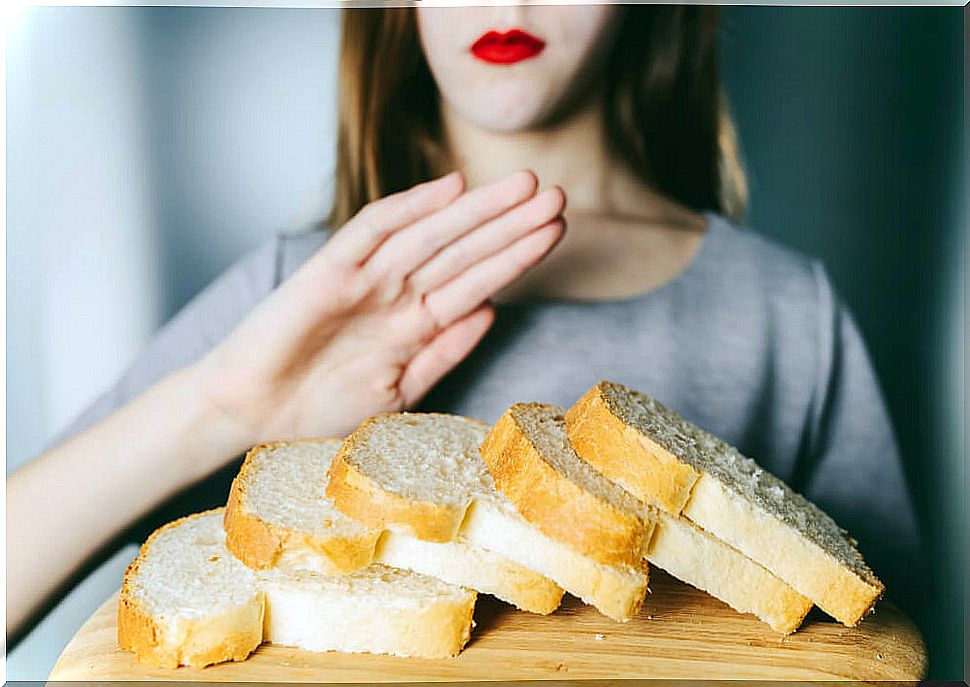
Gluten, present in many different types of cereals, is a glycoprotein that acts as a binding element, that is, it unites the various ingredients in bakery and pastry making, responsible for the elastic consistency of the doughs. It is common to find it in foods such as:
- Wheat
- Barley
- Rye
- Oatmeal
- Spelt
- Spelled
- Triticale
- Farro
- Kamut
- Bulgur
Therefore, if you are celiac, you should avoid foods such as flour and its derivatives, pasta, fermented drinks made from these cereals, some sausages, among others.
It is essential to pay attention to the labels of the products, since some may contain this substance among their ingredients. Whenever possible, those with the “ gluten-free ” or “ gluten-free ” label should be chosen, which are suitable for those who have this intolerance.
What do I do if I think I have a gluten intolerance or celiac disease?
It is important to note that people with gluten intolerance do not have as much sensitivity as celiac patients, so they can possibly consume foods that contain small amounts of gluten or traces. In any case, each person will have to test which foods he tolerates best and in what quantity.
Many people with gluten intolerance are tested negative for celiac disease, but that does not mean they do not have the intolerance.
We recommend completely eliminating gluten for a month and then gradually introducing the foods that contain it, to check how the body reacts. For example, we can start with those that contain less gluten, such as oats or spelled in small quantities.
Gluten-free foods
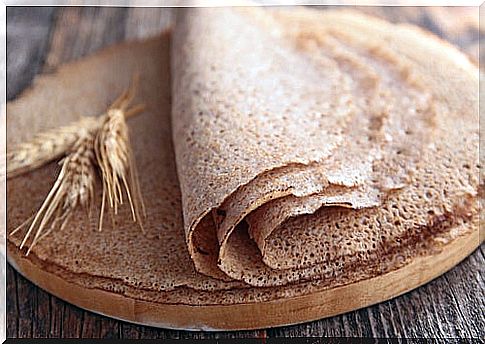
If you suspect that you may be celiac or gluten intolerant, you should incorporate foods that do not contain this substance into your diet. Luckily, there are some healthy alternatives to replace conventional products. These may include:
- Rice
- Corn
- Buckwheat
- Tapioca
- Vegetables
- Fruit
- Vegetables
- Nuts (no flour added)
- Eggs
- Meat
- Fish
- Milk and derivatives (watch the cheeses)
Some advices
People who cannot eat gluten often give up bread and pastries entirely. However, currently there are special flours for celiacs or intolerant. These flours are ideal for making homemade bread and other delicious recipes. Some of the most popular are:
- Rice flour
- Cornmeal
- Buckwheat
- Tapioca
Celiac disease is often accompanied by lactose intolerance, as the intestinal mucosa has been deteriorating. Therefore, in the long run, people who suffer from gluten intolerance may discover that they also do not tolerate milk and its derivatives, or other foods, which would cause the same symptoms.
However, if gluten intolerance is treated correctly and the gut is balanced, the other intolerances could disappear.
It should also be borne in mind that both wheat and milk are two of the most consumed foods since ancient times. Therefore, it is not surprising that they have been adulterated for mass use. That could explain the fact that many people have these intolerances.
Remember that it is necessary to go to the doctor to carry out the appropriate tests and examinations, and thus be able to detect if it is celiac disease or gluten intolerance. The professional will be the one who recommends the most appropriate treatment according to the case.
